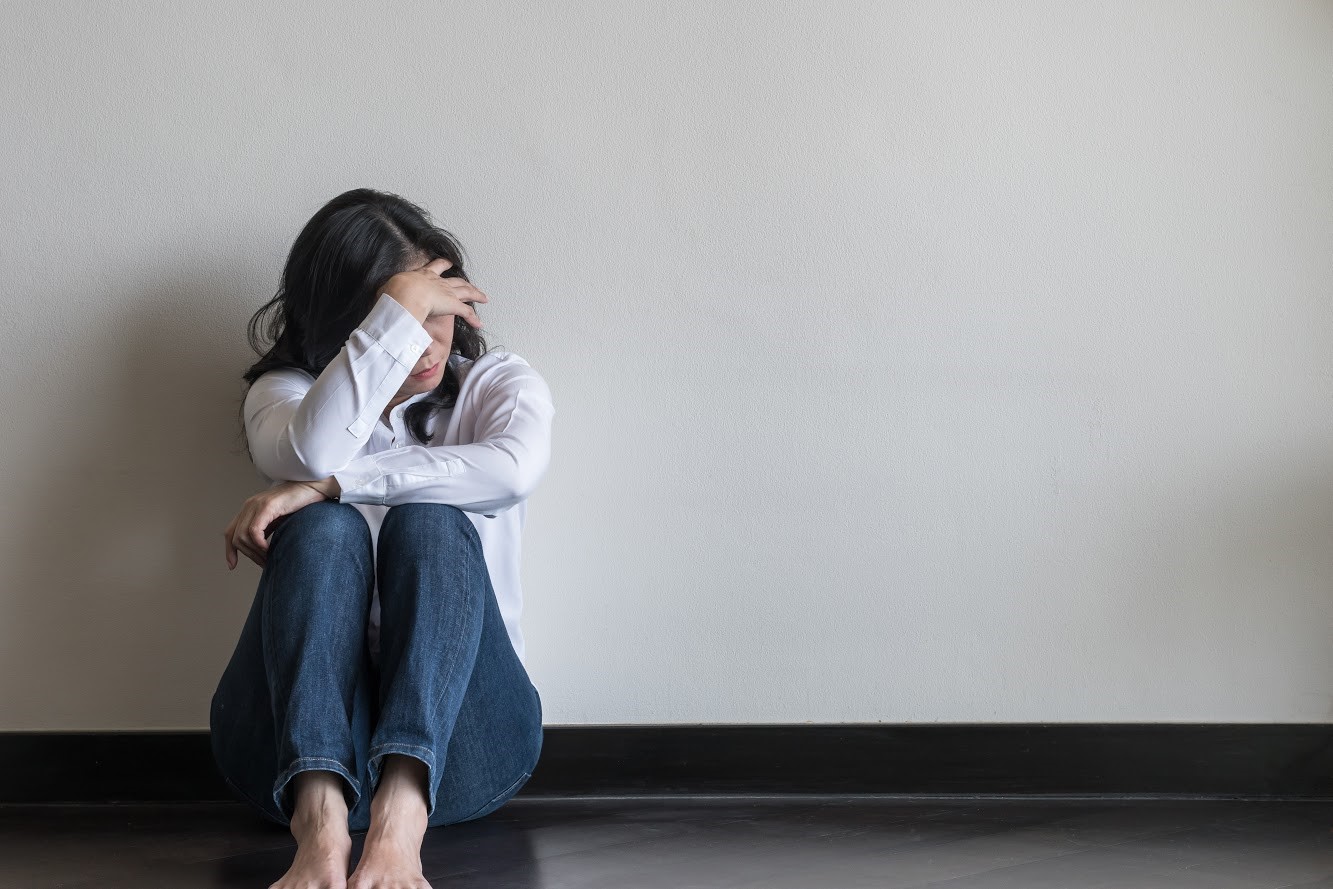Defined as the body's natural response to stress, anxiety has most likely affected you at some point in time. You may have felt this type of distress at some point in time. However, many people struggle with extreme distress related to anxiety.
Living with an anxiety disorder is possible, but proper understanding is essential for management and treatment. With this guide and the help of professionals, you will learn a few surprising facts about anxiety disorders.
1. Anxiety Disorders Are Actually Very Common
Again, most people experience anxiety at some point in their lives. Even though you may not realize it, anxiety disorders are also very common.
Most people are surprised to hear that anxiety disorders are the most common mental illness in the United States for individuals 18 years of age and up, according to the Anxiety and Depression Association of America.
Anxiety disorders affect more than just adults, though. The CDC estimates 7.1 percent of children between the ages of 3 and 17 have been diagnosed with anxiety.
If you have been diagnosed with an anxiety disorder, remember that you are not alone.
2. There are Different Types of Anxiety Disorders
Another fact most people find surprising is that there are multiple types of anxiety disorders. While all cause anxiety, each disorder type is very different.
Here are a few different types of anxiety disorders:
- Panic– If you experience recurring panic attacks, you most likely have panic disorder.
- Phobia– A phobia is a fear of a specific object, situation, or activity. For example, ranidaphobia is a fear of frogs while acrophobia is a fear of heights. These phobias not only cause fear, but they can also cause extreme anxiety, immobility, and panic attacks.
- Social anxiety– Individuals with social anxiety disorder have a fear of social situations. They may struggle with anxiety and fear when out in public places or in environments where socializing is necessary.
- OCD– Obsessive-compulsive disorder, or OCD, is another common type of anxiety disorder. This disorder causes a person to have irrational thoughts that lead to obsessive and compulsive behavior, which is specific and repetitive in most cases.
- Separation anxiety– Individuals with separation anxiety experience the physical and emotional symptoms of anxiety when they are away from their home or loved ones.
- Illness anxiety– If you are continuously worried about your health to the point where you cannot function normally, you may have an illness anxiety disorder. This is also known as hypochondria.
- PTSD– Post-traumatic stress disorder, or PTSD, is a type of anxiety that occurs after a traumatic event.
In many instances, if you have one of these disorders, you may have another type. For example, patients with social anxiety disorder or PTSD may have a panic disorder as well.
3. Anxiety Disorders Affect You Emotionally and Physically
Finally, many people believe anxiety is just an emotional problem. In reality, anxiety disorders can affect you both emotionally and physically.
Each person is different and the actual symptoms you may experience will depend on your specific type of anxiety. However, most cases of anxiety will cause a feeling of uneasiness, stress, and worry. This emotional distress will quickly lead to physical symptoms.
Common physical symptoms of anxiety disorders include restlessness, increased heart rate, difficulty concentrating, trouble falling and staying asleep, and rapid breathing. Anxiety can also cause muscle soreness, aches and pains, and even tightness in the chest.
Without addressing your anxiety, you may be at risk of having panic and anxiety attacks.
These attacks also affect you physically. You may experience sweating, chills, shortness of breath, numbness and tingling in your hands and feet, and dry mouth. Many patients also lose consciousness while having a panic or anxiety attack.
Help is available if you or someone you love is suffering from anxiety. For more information, contact Associated Psychologists & Counselors LLC today.

